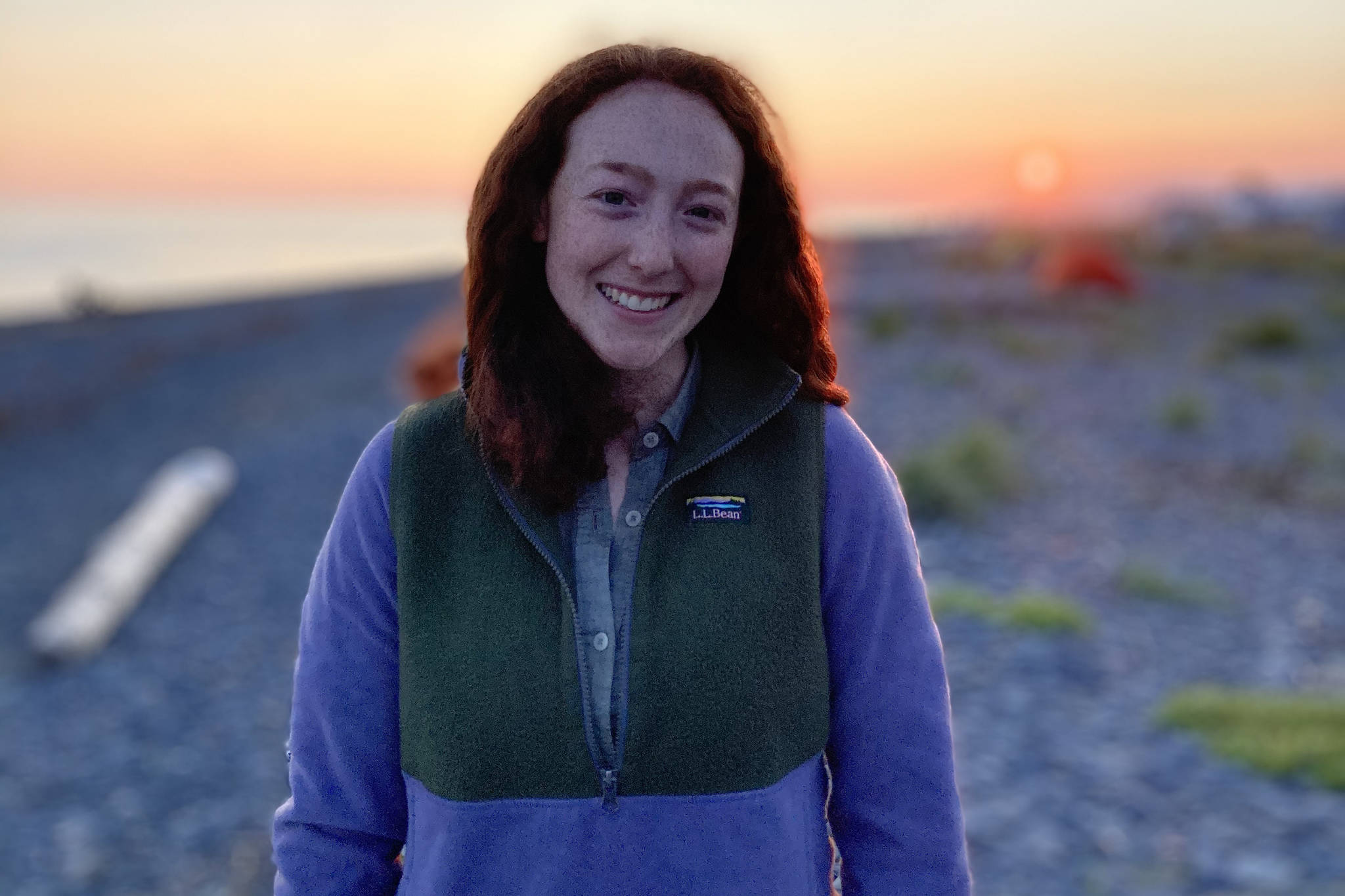For the past 15 years, Cook Inletkeeper and its partners have hosted electronics recycling (e-cycling) events around the Kenai Peninsula. As this year’s events fast approach, it’s important to understand the many advantages of recycling electronic waste.
One of the most important benefits to e-recycling is helping to protect the fisheries and communities in the Bristol Bay watershed from the damages that will be generated by the proposed Pebble Mine.
Electronic waste includes products that have become unwanted, non-working or obsolete. Electronic waste often contains toxic substances such as lead, mercury, cadmium, chromium and other heavy metals hazardous to the environment and humans. If these metals are not recycled or properly processed (e.g. dumped at local landfill), toxic chemicals can pollute water supplies and endanger local communities, livestock and wildlife.
E-cycling prevents toxic substances from entering the environment and keeps our communities safe. Additionally, recycling electronics supplies a growing market for recycling firms and green jobs. Essentially, e-cycling is one of the many small things we can do to make our communities, economy and environment more sustainable.
While e-cycling is important for all of the above reasons, by recycling your electronic waste, you are also reducing the need for projects like Pebble Mine.
One of the arguments in support of Pebble Mine is to preserve America’s mineral security. Copper — the predominant mineral which will be extracted from the Bristol Bay Watershed — is a necessary component of electronics and electricity delivery, transportation, building construction, and consumer products.
Pebble Limited Partnership (PLP) argues that “the 80 billion pounds of copper estimated in the Pebble Deposit has the potential to meet approximately 33% of U.S. annual copper needs for many years.” Essentially, PLP argues that Pebble Mine should be allowed in part because it can improve America’s natural resource independence.
What PLP does not mention, however, is that there is a reserve of copper and other metals that is just as large, cheaper, greener, and more easy to access than the minerals buried beneath the profitable salmon spawning habitat of Bristol Bay. These minerals lie in American homes, recycling bins and trash cans.
Americans already recycle over 1.5 billion pounds of copper annually. Unfortunately, the EPA estimates that this copper is part of only 12.5% of the electronic waste that gets recycled annually in the U.S. The other 87.5% gets thrown in landfills.
By my calculations, if all electronic waste was processed properly, recycling would generate around 12.4 billion pounds of copper each year — enough to surpass the amount Pebble Mine would provide to the U.S. over its proposed 20-year lifetime — in just over six years.
Moreover, recycling electronics is more cost efficient and environmentally friendly than mining for new ore. Extracting metals from electronics is 13 times less costly than mining. Recycling copper expends only 10% of the energy and carbon emissions needed to process raw ore. E-cycling also avoids the environmental destruction that would have occurred from mining for raw ore or dumping toxic metals in landfills.
Recycling more electronic waste can avoid unnecessary environmental and community harms, reduce carbon emissions and energy expenditure, and save money. Moreover, increasing the supply of metals like copper in the United States will lessen the need to mine for raw ore in Bristol Bay and weaken PLP’s principle argument in favor of the proposed Pebble Mine.
Unfortunately, Cook Inletkeeper and its partners cannot recycle all of this waste alone. We need your help to properly process electronics in Alaska and raise awareness about the importance of e-cycling to your community.
If you are passionate about saving Bristol Bay and keeping toxic metals out of your community, you can drop off your electronic waste at one of our three upcoming Kenai Peninsula e-cycling events.
The Homer event will occur on Saturday, Oct. 3 from 10 a.m.-2 p.m. at the Homer Spenard Builders Supply. The Soldotna event will also take place on Oct. 3 from 10 a.m.-3 p.m. at the Central Peninsula Landfill. The electronic event in Seward will take place on Oct. 10 from 10 a.m.-2 p.m. at the Seward Transfer Site.
To learn more about electronic recycling requirements and sites near you, visit https://inletkeeper.org/our-work/local-economies/electronics-recycling/. If you are interested in volunteering for one of these events, please email recycle@inletkeeper.org or call 907-235-4068 ext. 26.
Ariel Silverman is a rising junior at Harvard College studying social studies and environmental science and public policy. She is currently living in Homer and working as a policy and advocacy intern at Cook Inletkeeper.

